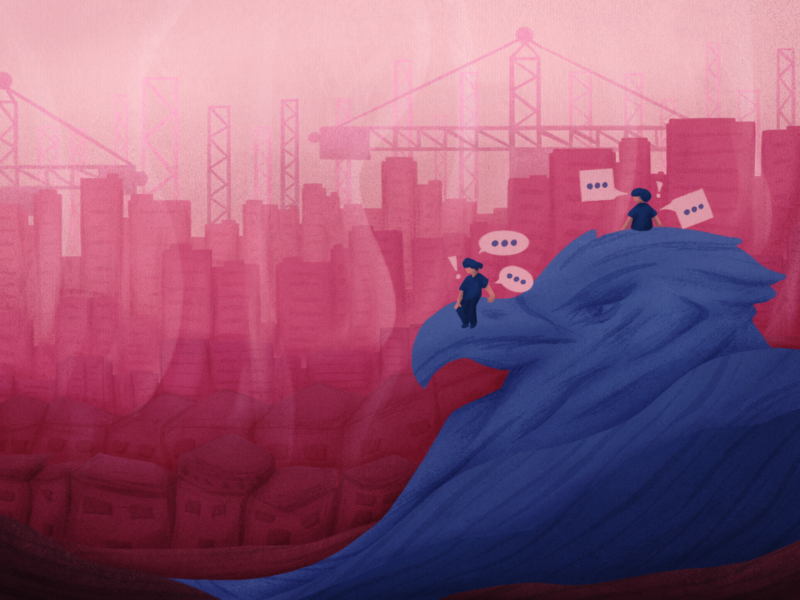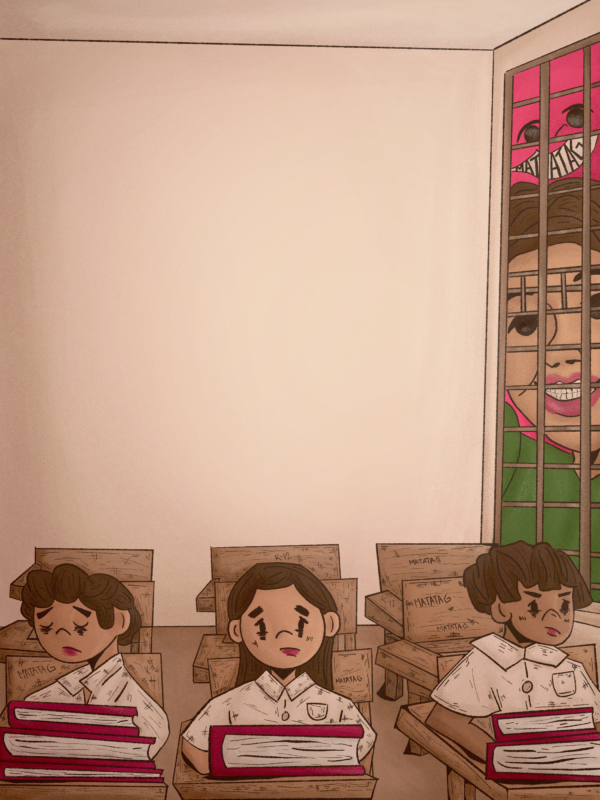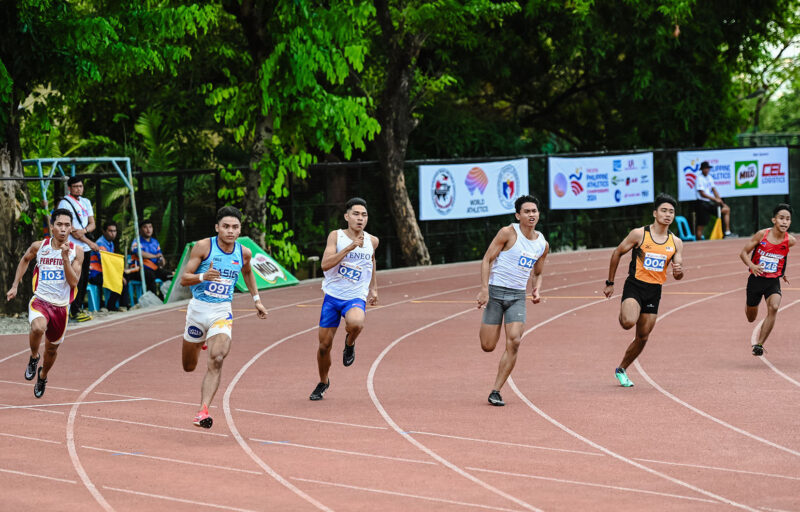FROM SPORTS events, mall trips, to face-to-face classes—the COVID-19 pandemic screeched all activities to a halt. Despite clamors for an academic freeze and stronger support for students, the Commission on Higher Education (CHEd) and the Department of Education (DepEd) have opted for an online learning setup.
Ateneo is adapting to this new setup to the best of its abilities. The University’s progressive efforts—mass promotion and a shortened second semester—have garnered praise on social media. Ateneans expressed similar sentiments with the University’s gadget and pocket wi-fi lending programs, distribution of Portable Learning Packets, and Adaptive Design for Learning.
Despite these efforts, it is important to remember that the past and present learning models are far from perfect for students within and outside Ateneo. The University must collaborate with other scholarly institutions and the pertinent government agencies to address the perennial issues within the sector as the safe reopening of schools is pursued.
Cracks in the ice
Ateneo’s amiable efforts deserve due praise, but its successes should not blind Ateneans and the government alike from the University’s lapses with its own online learning systems. Despite the Ateneo’s shift to the quarterly system to lessen academic workload, subjects are accomplished at almost twice the normal rate and with tighter deadlines.
While it is clear that the University’s shift to online education is imperfect, Ateneo’s privileges can afford students more resources compared to other universities. Exorbitant tuition fees and an extensive network of donors have allowed Ateneo to accumulate valuable learning assets throughout the years. Meanwhile, other schools across the country are suffering the full brunt of the COVID-19 with education moving to a digital space.
The struggle to adapt to the online learning setup appears to be the breaking point in the country’s long-flawed education system. It is clear that the COVID-19 pandemic has only exacerbated the perennial struggle towards an accessible and high-quality education. Students scaled mountains for physical schools then, and they do so once again for signal to attend online classes.
This inaccessibility does not end with geographic obstacles—public schools have always lacked sufficient learning materials and resources. These days, students have resorted to asking for donations under the #PisoParasaLaptop campaign on social media just to purchase gadgets for online learning.
Alleviating these lapses of the educational system have fallen on students and their families. Therefore, CHEd and DepEd must actively reclaim the proactive role in addressing these long-standing issues as it is their duty to ensure quality education for all. Moreover, Ateneo’s very own administration, students, and educators must demand stronger support for the educational sector from DepEd and CHEd.
In the name of magis
The University must not only cater to its students’ needs. In the spirit of solidarity and service, Ateneo must advocate for programs that will ease the shift to online learning. For example, the University can work with CHEd on improving the challenges to online learning by conducting various studies that can be used as a reference for the commission’s future policies and programs. After all, online learning is a new terrain that warrants placing feasibility, effectiveness, and implementation under closer scrutiny.
As the country adjusts to the “new normal,” stakeholders must advocate for the safer reopening of its schools—especially since the educational system’s definition of inaccessibility has been abruptly altered. We must acknowledge, then, that our resort to online learning is ultimately the consequence of the government’s mishandling of the pandemic. To begin alleviating the gaps in the current online education model, CHEd and DepEd can consult with schools to set proper guidelines for onsite learning.
In line with the efforts to ease the online shift, the government and academic community must remain steadfast in their commitment to end the long-running problems of inaccessibility. These include the construction of more schools in rural areas, provision of high-quality learning materials, and the allocation of higher wages and subsidies for teachers.
Although everyone is still struggling to adapt to this “new normal,” the only way forward is to demand for inclusive education. It is vital for learning institutions such as the Ateneo to band together with CHEd and DepEd to uphold the Filipino student’s inherent right to quality education—within and beyond the digital sphere.







